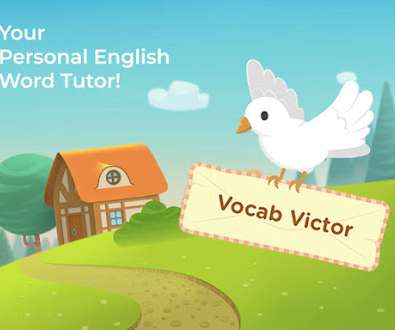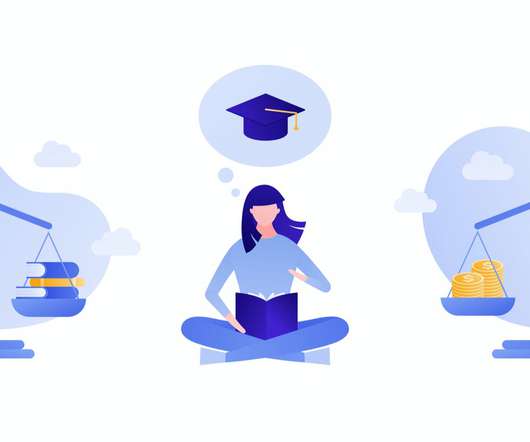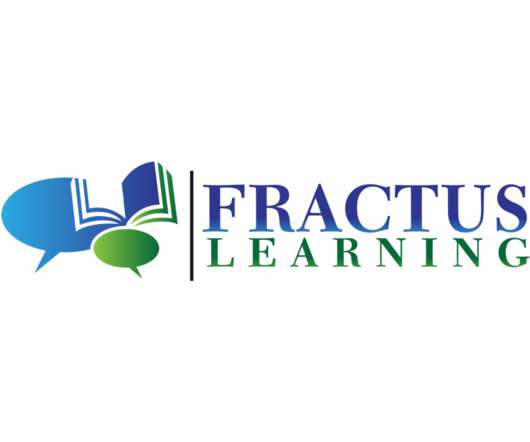Why Should Students and Publishers Adapt eBooks in STEM Learning
Kitaboo on EdTech
OCTOBER 3, 2019
In this blog we will look at how educational publishers and students can benefit by creating and using eBooks for STEM learning. Advantages of STEM-based eBooks for students in STEM Learning: 1. Digital Libraries Offer Additional Learning Resources. Active Learning with Interactive Elements.















Let's personalize your content